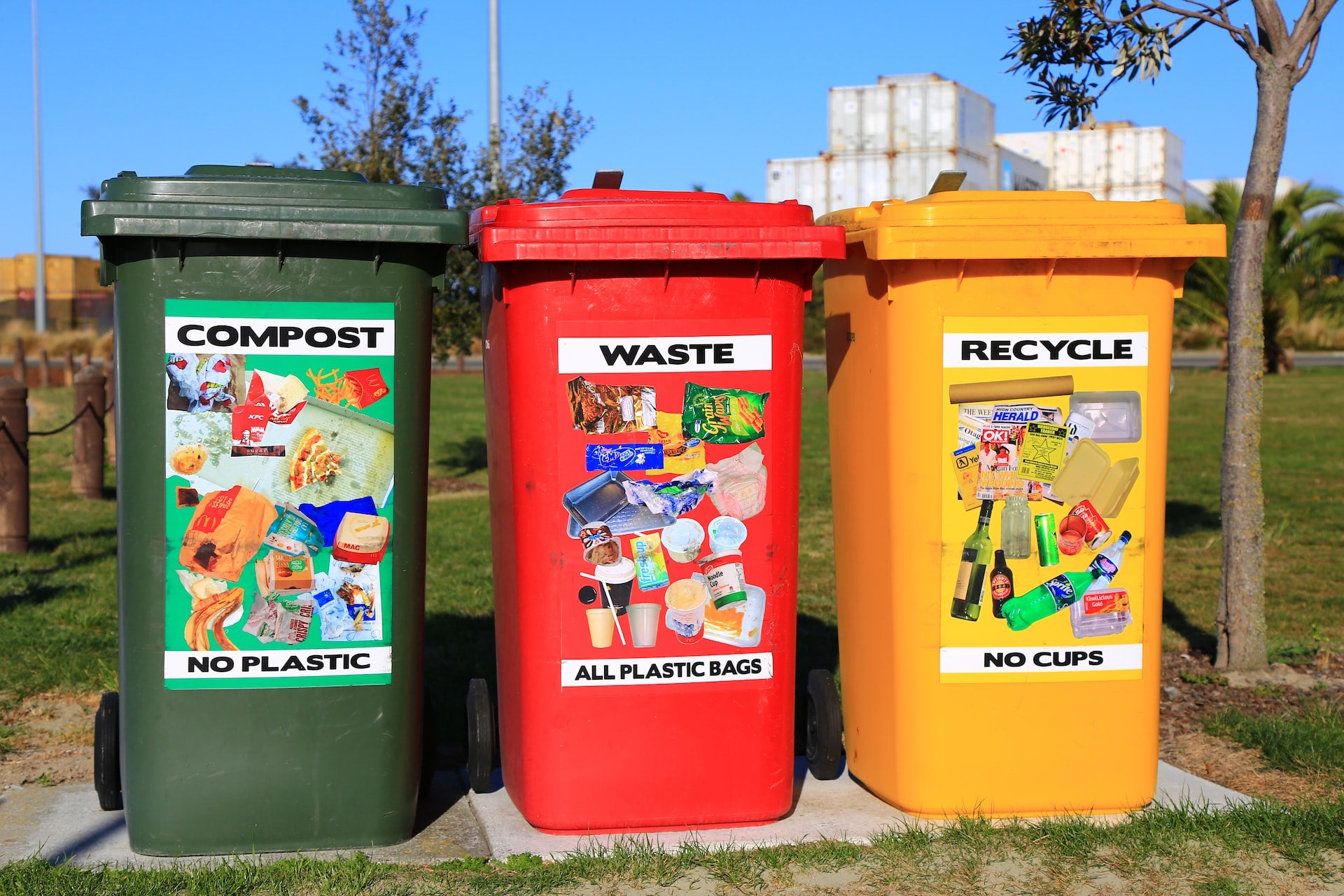
A study by waste management company Biffa has found that early one-fifth of ‘recyclable’ waste in England and Wales is unrecyclable due to contamination.
The contamination rate of 17% was determined based on waste collection data from the Waste and Resources Action Programme (WRAP) from 2016 to 2020.
The study showed that the average contamination rate of recycling waste rose from 13.4% in 2016 to 17% by the end of 2020, representing a nearly 3% growth.
In addition, Biffa finds that non-recyclable materials played a key role in contaminating recycling.
Placing recyclable items in the wrong bin represented 6.5% of contaminated waste in 2020, while unrecyclable items or those heavily contaminated with other materials such as food represented 10.4% of contaminants.
Citing Biffa, the Telegraph reported that toothpaste tubes, coffee cups, juice cartons and salad bags form a larger part of items incorrectly placed in the recycling bin.

US Tariffs are shifting - will you react or anticipate?
Don’t let policy changes catch you off guard. Stay proactive with real-time data and expert analysis.
By GlobalDataIn response to the rising contamination, Biffa has urged businesses and consumers to stop ‘wish-cycling’ and understand on-pack recycling labels (OPRLs).
The company also expects legislative intervention to be crucial in improving recycling quality.
Biffa recycling facilities business director David Heaton said: “Contamination happens when items are disposed of in the wrong bins or haven’t been rinsed before being recycled.
“It means recyclable resources are lost and cannot be reused. It’s important that people understand what should go in the recycling bin and how to ‘pre-cycle’ beforehand (to rinse a tub or tray if it’s got food on it, for example) so we can recycle as much material as possible.
“Business leaders can play a crucial role here – educating their workforce through signage and engaging waste experts will drive a positive change, while helping them hit their sustainability targets.
“Should the alarming trajectory we’re seeing continue, contamination rates could reach nearly one-quarter of all recycling by 2030 without legislative intervention.”



